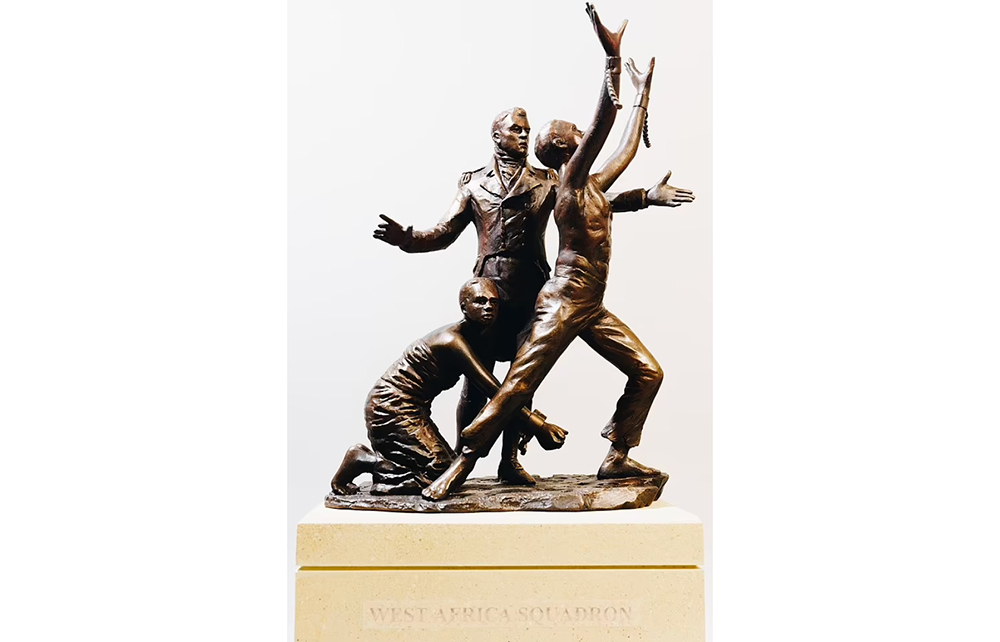Three weeks ago, I received an SOS from a distressed citizen of Glasgow, urging me to protest against a recently installed display at the Kelvingrove Museum, ‘Glasgow – City of Empire’. Predictably, the exhibition falls over itself to clock every conceivable association between the city and slavery, inviting the visitor to envisage appropriate reparations. Scraping the barrel of shame, it complains of one of Glasgow’s greatest benefactors, William Burrell, that ‘his business partners exploited enslaved Africans’. Enslaved Africans? Burrell was a shipping magnate around 1900, almost 70 years after slavery’s abolition in the British Empire and at least a generation after emancipation in the United States.
As for the city’s world-leading role in the movement to abolish slavery in the early 1800s, and the Scots’ disproportionately high role in the British Empire and its century and a half of anti-slavery endeavour, the Kelvingrove has nothing to say.
Listening to people who haven’t been much heard is a good idea; agreeing with whatever they say is not
So I dispatched an eight-page letter to Kelvingrove’s manager, and a shorter version to the Scottish Times.

Get Britain's best politics newsletters
Register to get The Spectator's insight and opinion straight to your inbox. You can then read two free articles each week.
Already a subscriber? Log in






Comments
Join the debate for just £1 a month
Be part of the conversation with other Spectator readers by getting your first three months for £3.
UNLOCK ACCESS Just £1 a monthAlready a subscriber? Log in